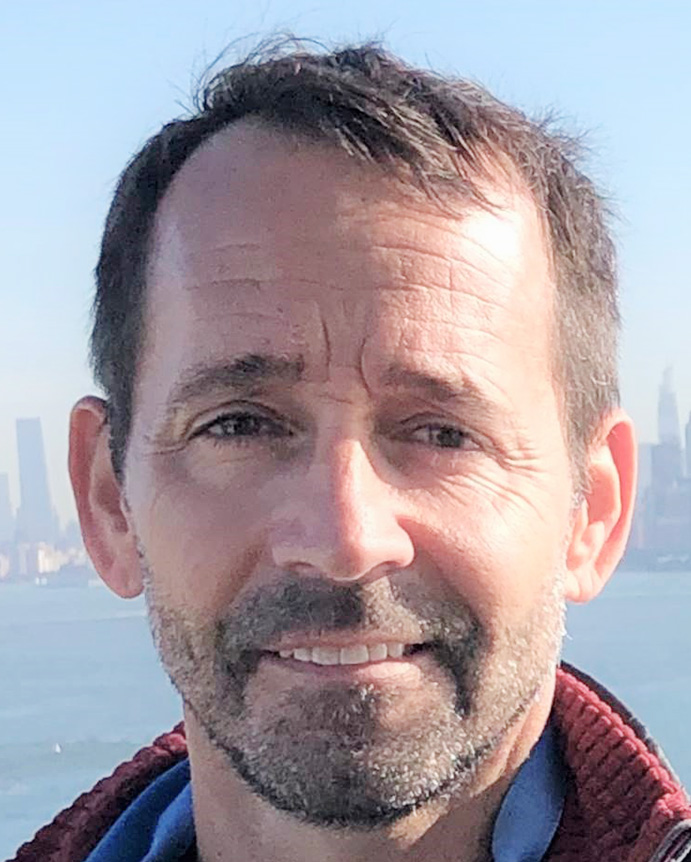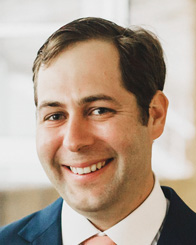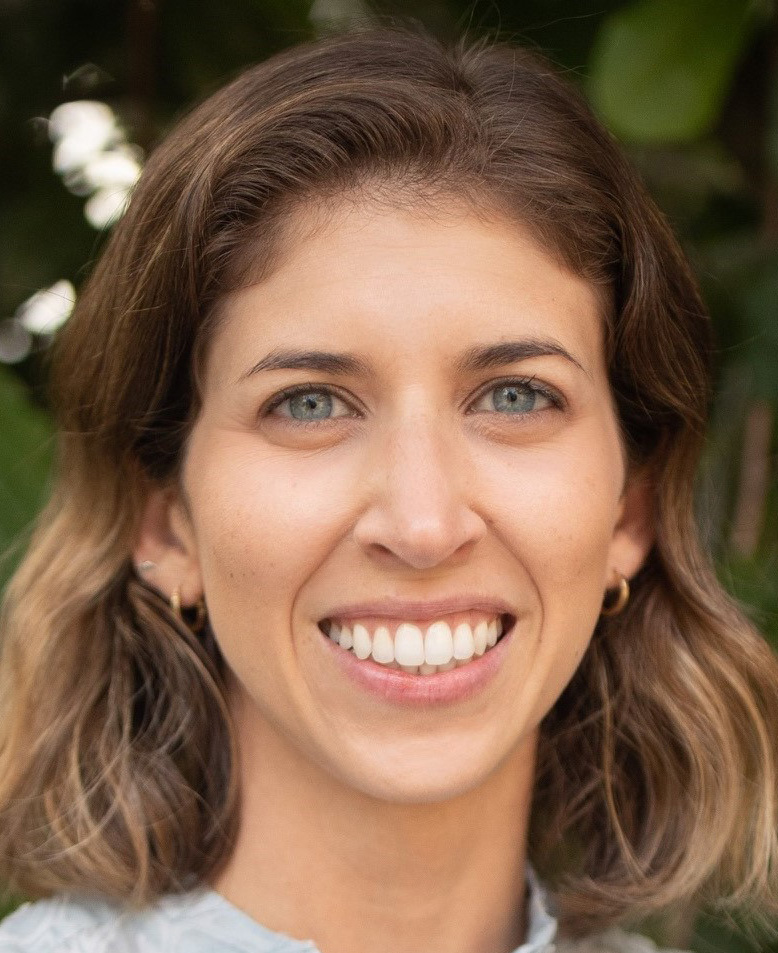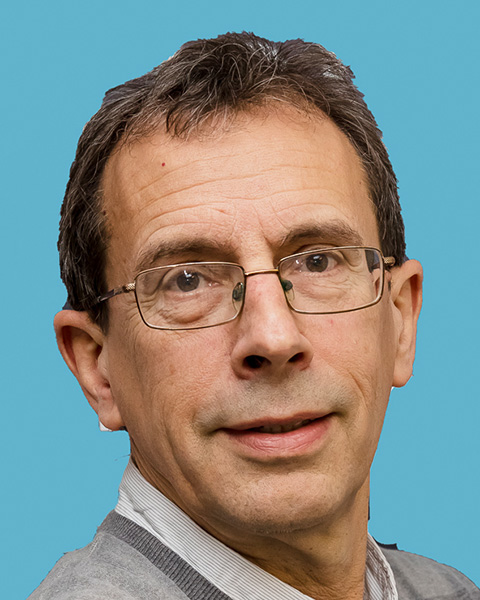Known as the Responsible Aquaculture Foundation since 2009, our 2021 transition to The Center for Responsible Seafood formally embraces our work with wild-caught fisheries. While our mission remains the same, our years of global experience have honed our vision. By sharing knowledge and innovation, TCRS strives to advance its vision of a world meeting the critical need for seafood produced through regenerative processes. We are driven by our responsibility to ensure a healthy planet and healthy people.
OUR MISSION: To advance responsible seafood production through our unique global hub for knowledge sharing, enhanced by applied research and collaborative programs.
OUR VISION: A world meeting the critical need for seafood produced through regenerative processes.

Dr. Everett Barnes, Jr. is the president and owner of RMC Research Corp., a private government consulting company he joined in 1972 and acquired in 1985. RMC Research provides professional services in scientific research; program/policy evaluation; program development, training and technical assistance; and knowledge utilization, to a variety of federal and state agencies, foundations and private entities. Barnes’ areas of expertise include grant writing; program development/management; formative and summative evaluation; and online learning content development and delivery. Barnes holds an undergraduate degree in history and geography, a master’s degree in school administration, and a doctoral degree in educational leadership and evaluation.

Dr. George Chamberlain began his aquaculture career as a researcher and extension specialist at Texas A&M University in the United States. He later directed aquaculture programs at Ralston Purina International and Monsanto, and he led the development of an integrated shrimp farm in Malaysia. In 2004, he co-founded breeding, nutrition and farming businesses ultimately branded as Kona for Penaeus monodon and Litopenaeus vannamei shrimp in Brunei, Malaysia, and Hawaii. Chamberlain previously served as president of the World Aquaculture Society and assisted in founding the Global Seafood Alliance..

Wally Stevens, Executive Director of the Global Seafood Assurances and President of the Responsible Aquaculture Foundation, began his career in the seafood industry more than 49 years ago. He has held leadership positions in large, publicly traded corporations, small startup salmon farming operations, and mid-sized family-owned companies. His responsibilities have included all aspects of the seafood production chain including fishing vessels, aquaculture hatcheries and farms, shore side processing facilities, cold storage operations, wholesale seafood distribution, and manufacturing. Wally served as Chair of the National Fisheries Institute in 2001 and co-founded its Future Leaders program. For the past 12 years Wally was the Executive Director of the Global Aquaculture Alliance, an advocacy NGO for responsible aquaculture.

Jeff Fort is a venture stage investor, entrepreneur, and accomplished operations executive. Early in his career, he was personally responsible for building out one of the largest vertically integrated shrimp operations in Central America at the time, becoming president and CEO in 1997 and acquiring the business in 1999. For the last 15 years, Jeff has also been an active investor and manager with several venture-stage companies in the food and technology spaces. This includes his role as CEO and owner of Delta Blue Aquaculture, a vertically integrated shrimp production and distribution business. Jeff was a founding Board Member of the Global Aquaculture Alliance (now the Global Seafood Alliance) and has served as the organization’s CFO and COO. Jeff currently works with an angel venture capital network and participates in several aquaculture investment funds, including AquaSpark, Hatch Funds, and as a venture partner and investor with the Blue Revolution Fund.

Robert Jones is the Global Lead for The Nature Conservancy’s Aquaculture Program. The program consists of active projects in seven countries designed to ensure aquaculture operates in harmony with nature and provides benefits to people. Robert led the development of “Towards A Blue Revolution: Catalyzing Investment into Sustainable Aquaculture Production Systems,” a first of its kind co-authored report with Encourage Capital that provides guidance for impact investing in the aquaculture sector. Robert’s work with TNC has been featured by organizations including Harvard Business School and the World Economic Forum. Prior to joining The Nature Conservancy in February 2016, Robert served as the Program Coordinator for the NOAA Fisheries Office of Aquaculture. Previously, Robert served as Foreign Affairs Officer with the U.S. Department of State focusing on international fisheries agreements. He holds a M.S. in Marine Affairs and Policy from the University of Miami Rosenstiel School of Marine and Atmospheric Science with a concentration in marine aquaculture. He holds a B.A. from Boston College in International Studies.

Avery Siciliano is a global sustainability professional passionate about building climate-resilient and ethical supply chains. She currently leads produce sourcing for Sam’s Club and previously worked on the Surety of Supply and Sourcing Innovation team where she oversaw long-term resilience strategy for products sourced by Walmart Inc.
Prior to Walmart, she led corporate responsibility at the Global Seafood Alliance’s Best Aquaculture Practices certification program. For the past ten years, she has worked to advance responsible seafood production and healthy oceans through strategic partnerships, stakeholder engagement, and third-party verification at every step of the value chain.
Avery holds a bachelor’s degree in biology from Vassar College and master’s degrees in environmental management from Duke University and business administration from the Kellogg School of Management at Northwestern.

Dave Little is the Chair of Aquatic Resource Development and Deputy Director at the Institute of Aquaculture, University of Stirling. He has more than 40 years professional experience in the sector. Research and educational interests focus around the societal impacts of aquaculture and, increasingly, highlighting the importance of seafood in food systems. He has developed and coordinated a wide range of research, both externally funded and through postgraduate research with a focus on Asia and Africa. He is active in post-doctoral student mentorship beyond his own group of students playing an active role on EU and UK based progammes. He has published widely on the interface between aquatic food production, broader natural resource management and development and been a vocal advocate and practitioner of interdisciplinary systems research2. He was an academic lead in the Blue Foods Assessment3 and is currently leading a research programme on improving aquatic animal welfare in Asia.

Iain Shone is currently market development director for the Global Seafood Alliance. Shone was previously sourcing director at Lyons Seafoods Ltd. in the United Kingdom, where he was in charge of global procurement and responsible sourcing. He has 29 years of service in the seafood industry, bringing valuable experience in seafood market requirements and the development, improvement and certification of aquaculture and associated industries. Shone has supported many industry initiatives through his career, such as chairing the initial working group on aquaculture at the Global Sustainable Seafood Initiative. He also currently sits on the Board of the Seafood Importers and Processors Alliance of Europe (SIPA) and the Advisory Panel to Seafish in the UK.

Peder Jacobson was an early practitioner of shrimp farming in Latin America. He was owner and executive director of the Seajoy Group, a vertically integrated shrimp producer with operations in Ecuador, Honduras, and Nicaragua until the company was sold in 2018. Jacobson was also a founding member and director of the Global Seafood Alliance. In addition, he was a founder and president of the Aquaculture Certification Council, an organization that implemented the Best Aquaculture Practices (now the Global Seafood Alliance).